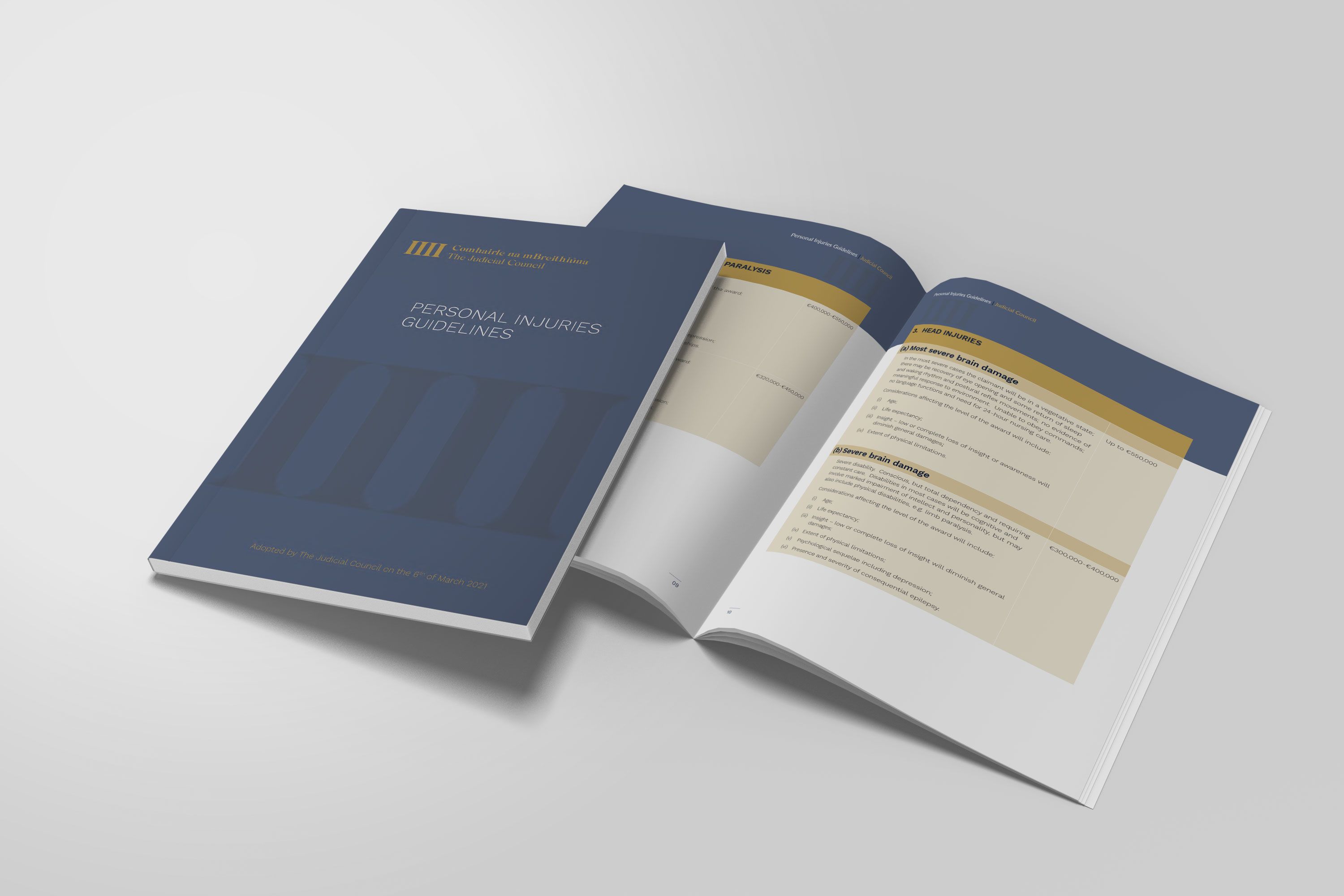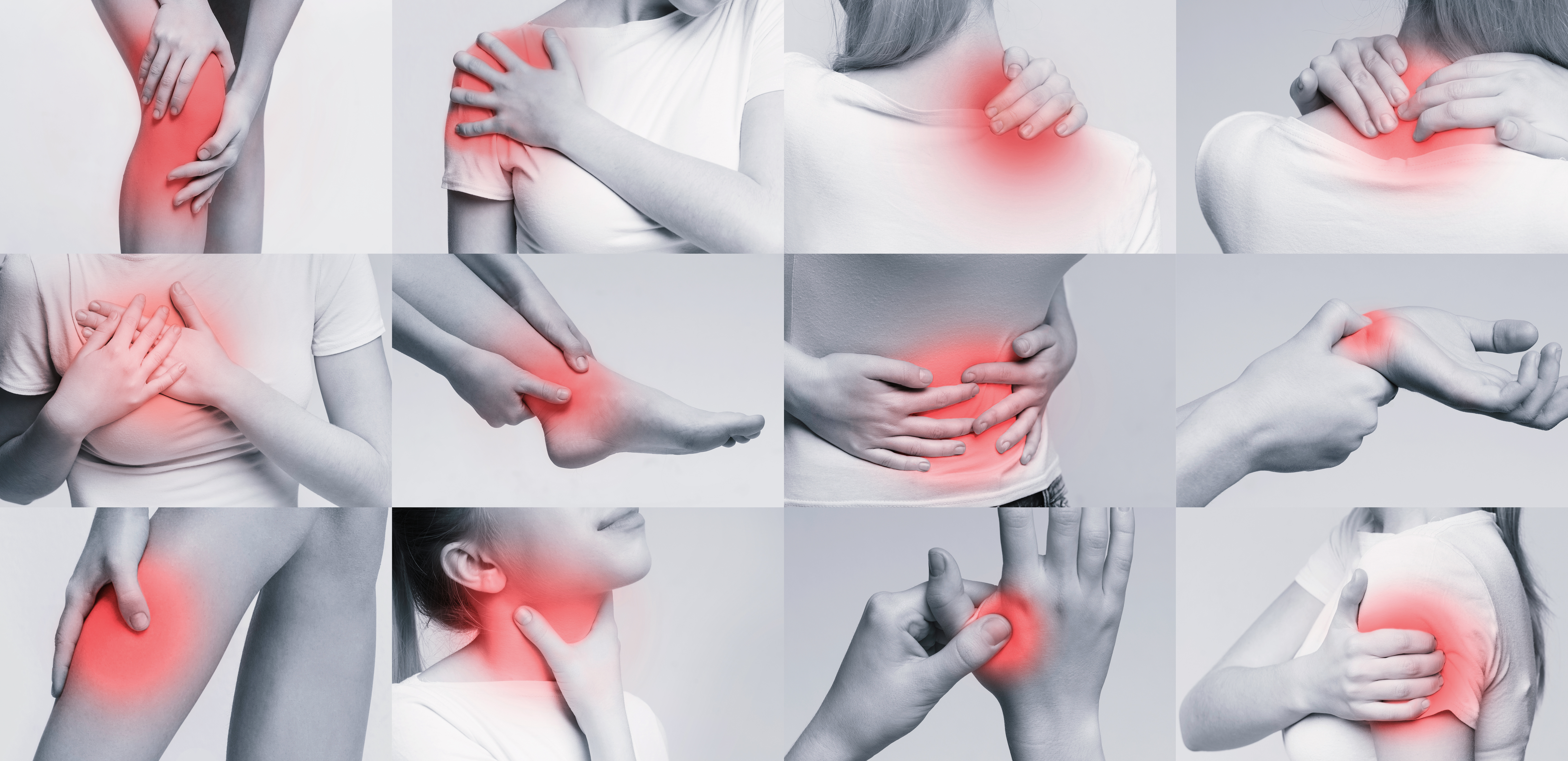

Pedestrian accidents can lead to serious injury and life-altering consequences. If you’ve suffered an injury as a pedestrian, understanding your rights and how to pursue a claim is essential.
This comprehensive guide walks you through the process of claiming compensation following a pedestrian accident, from assessing the claim to navigating the legal time limits.
A Pedestrian Accident Claim is a legal process in which a pedestrian injured in an accident due to someone else’s negligence seeks compensation for their injuries.
While pedestrians encounter risks from various road users, most legal claims involve incidents with motor vehicles.
Crucially, the accident was caused by the driver's failure to follow traffic laws, lack of attention, or reckless behaviour.
Pedestrian accidents frequently result in serious injuries, ranging from broken bones to psychological injuries and trauma. If you’ve been involved in a road traffic accident as a pedestrian, you may be entitled to compensation for damages such as pain and suffering, medical costs, and loss of earnings.
Pedestrians face unique risks when navigating roads and shared spaces, especially where motor vehicles and eScooters are present.
The claim types most typically associated with pedestrian accident cases are:
Pedestrian accidents at junctions:
Accidents caused by drivers failing to give way to pedestrians crossing at junctions.
Driving without due care and attention:
Claims arising from distracted driving, such as using a mobile phone, where a driver hits a pedestrian legally crossing the road.
Drivers under the influence:
Accidents caused by drivers impaired by alcohol or drugs, such as running a red light, failing to stop in time or mounting a pavement.
Reversing accidents:
Claims arising from drivers failing to check blind spots while reversing, leading to collisions with pedestrians. These can occur in shopping centre car parks, driveways and public roads.
Poor weather conditions:
Accidents caused by drivers failing to adjust to wet or icy roads, resulting in hitting a pedestrian due to reduced stopping distances.
Speeding incidents:
Claims arising from speeding, where drivers cannot react quickly and hit pedestrians crossing the street.
Ignoring traffic signals:
Accidents caused by drivers running red lights or ignoring pedestrian signals resulting in collisions with pedestrians.
If you’ve been injured as a pedestrian, seeking legal advice early can help ensure all necessary steps are taken within the required time limits.
Acting promptly ensures that your Solicitor can gather crucial evidence such as vehicle registration numbers, witness statements, and garda reports, which are vital for supporting your case.

We understand the claims process can feel overwhelming when you're already dealing with pain and recovery from injuries. As experienced Pedestrian Accident solicitors, we try to take away the burden of dealing with this process as much as possible and handle all of the legal complexity so you can focus on recovery.

Report the accident:
The first step is to report the accident to the gardai and obtain a report. This will be crucial when submitting your claim.
Seek medical attention:
Ensure you receive immediate treatment for your injuries. Retain all medical reports and receipts, as these documents are essential in establishing the extent of the personal injuries sustained and are used to evaluate appropriate levels of compensation.
Gather evidence:
Collect information such as the date of the accident, details of the incident, and photographs of the accident scene. If your injury involved a vehicle, record the registration number of the vehicle involved. Your solicitor will ask for these when assessing your claim.
Contact a Solicitor:
A specialist in personal injury claims can help you move forward with your claim by offering expert advice and legal services. They will follow the process of gathering evidence, liaising with insurance companies, and handling the necessary documentation.
Submit Your Claim:
Your solicitor will submit the claim to the Injuries Resolution Board (IRB) (previously called the Personal Injuries Assessment Board (PIAB)), which handles the majority of personal injury cases in Dublin. They will assess the claim and provide a recommended award or settlement amount.
A Solicitor with experience of Personal Injury law can be invaluable when pursuing a claim and will ensure that you’re fully supported throughout the claims process.
They can help prevent unnecessary delays and accurately estimate compensation levels appropriate to your circumstances. They ease the burden by managing complex legal procedures and advocating for your rights every step of the way.
To strengthen your case, you should aim to gather supporting documentation such as
Receipts and Invoices for Medical Expenses: Receipts for treatments, medications, consultations, and therapies related to your injury.
Proof of Loss of Earnings: If your injury caused you to miss work, provide payslips or employer statements showing your lost income.
Proof of Additional Costs: This can include travel expenses to medical appointments, home care needs, or equipment required for recovery.
Correspondence: Any letters, emails, or written communication related to the claim, whether with the insurance company, your employer, or legal representatives.
Physiotherapy or Rehabilitation Reports: If your treatment plan includes physical therapy or rehabilitation, these reports document ongoing recovery and impact.
Expert Opinions: Depending on the severity of your injuries, an independent medical examiner’s report might be necessary.

Confused about pedestrian accident claims? Let our experienced, friendly solicitors guide you through every step. We’re proud to be recognised for our expertise, trusted advice and client care.

In cases of serious pedestrian accidents, compensation typically covers both General and Special damages. General damages are considered non-financial losses while Special damages are financial losses incurred by a claimant.
Pain and Suffering:
Compensation for physical pain, emotional distress, and diminished quality of life. This can also cover psychological trauma (e.g., anxiety, depression, PTSD) as outlined in the Personal Injuries Guidelines 2021.
Permanent Disability or Disfigurement:
Compensation for long-term or permanent effects of the injuries, such as physical disability or visible scarring.
Loss of Enjoyment in Life:
Covers the negative impact on the victim’s ability to enjoy daily activities or hobbies due to the injury.
The amount you may receive in compensation depends on:
A solicitor with experience in pedestrian accident claims will assess your situation thoroughly and ensure that all relevant factors are considered when determining compensation awards.
Compensation is based on:

The Personal Injuries Guidelines offer a framework, but they’re not fixed rules. Our experienced solicitors will assess your case fully to ensure all factors are properly considered and ensure any compensation reflects the full impact of your unique case.

In Ireland, the statute of limitations for making a personal injury claim is generally two years from the date of the accident or the date of knowledge (when you became aware of the injury and its cause). It is important to seek legal advice as soon as possible to avoid missing this legal time limit.
If you fail to claim within the prescribed time limit, your case may be dismissed by the court, leaving you unable to recover compensation.
This is why contacting a solicitor as soon as possible after an accident is advisable.
To avoid missing your deadline:

At Hussey Fraser, we've supported countless clients who have suffered multiple injuries from road traffic accidents, pedestrian collisions, and other incidents. Whether it’s a combination of fractures, head trauma, or soft tissue damage, we understand that these cases are far more than just paperwork - they affect every part of your daily life.

It’s advisable to contact a solicitor if:
Solicitors with specialist experience in personal injury law bring a wealth of knowledge, ensuring your claim is handled professionally and efficiently. They can negotiate better outcomes and reduce the stress of the claim process. Additionally, a solicitor that specialises in contentious business will be well-equipped to handle disputes over liability or compensation amounts.
Look for solicitors who:
The timeline varies. Straightforward cases may be settled within a few months, while more complex claims involving serious injuries may take over a year.
You can still pursue a claim through the Motor Insurers' Bureau (MIB), which compensates victims of uninsured or untraceable drivers.
Yes, even if you share some responsibility, you may still be entitled to compensation. However, the award may be reduced based on your percentage of fault.
Most personal injury claims are settled without the need for a court hearing. Your solicitor will strive to reach an agreement, but court proceedings may be necessary if a fair settlement cannot be reached.
If you’ve been involved in a pedestrian accident and want to move forward with your claim, our experienced solicitors are here to help.
Contact us today for expert advice and legal services, and let us assist you with your claim. We’re here to assist in determining the best course of action for your claim.
Speak with a solicitor now by calling our LoCall number.
0818 66 81 99Send us an email through our simple contact form.
Contact FormRequest a confidential callback at a time that suits you.
Call back
